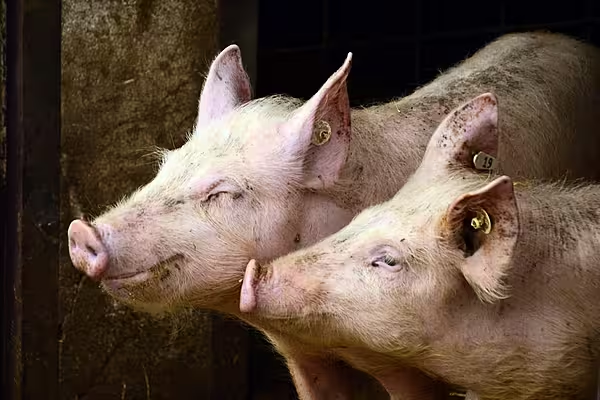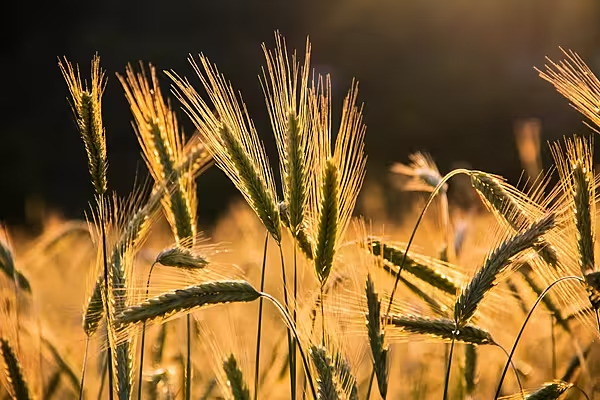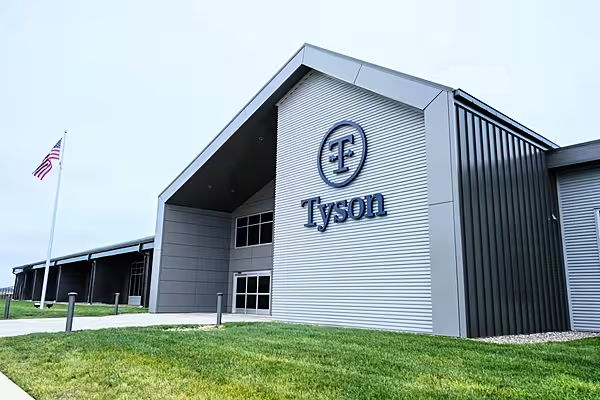Brazilian animal breeders may be over-using antibiotics, a new report by the World Animal Protection charity said, citing findings from water tests done in rivers close to industrial livestock farms in the nation's south.
The evidence, coming from water samples collected in 2021 and detailed for the first time in Brazil, indicate that rivers close to hog farms in Parana state had a greater diversity of the so-called antimicrobial resistance genes (ARGs) compared to water taken from same-river springs.
Brazil is a major supplier of beef, poultry and pork in world markets, exporting to dozens of countries and China, its main trade partner.
In the World Animal Protection's new report, it said similar water tests were conducted in the United States, Canada, Spain, and Thailand.
'The findings suggest that multidrug-resistant bacteria from animal husbandry are circulating through the food chain, with negative implications for human health and the environment,' the charity said in a statement sent to Reuters.
ABPA, which represents Brazilian poultry and pork companies, did not immediately reply to a comment request.
Livestock Farming
Scientists have for decades argued that the misuse or overuse of antibiotics in industrial livestock farming has contributed to the global spread of super bacteria.
The World Health Organisation contends 'antimicrobial resistance is one of the top ten global public health threats facing humanity.'
An estimated 75% of global antibiotic production is used in livestock farming including chicken and pigs, World Animal Protection said.
By 2050, 10 million people may die each year from infections resistant to antibiotic treatment, up from 1.27 million currently, the charity said.
In the United States, an analysis of pork cuts sold in supermarkets found 80% of the bacteria isolated from samples resisted to at least one type of antibiotic, the report said.
News by Reuters, edited by ESM – your source for the latest supply chain news. Click subscribe to sign up to ESM: European Supermarket Magazine.











